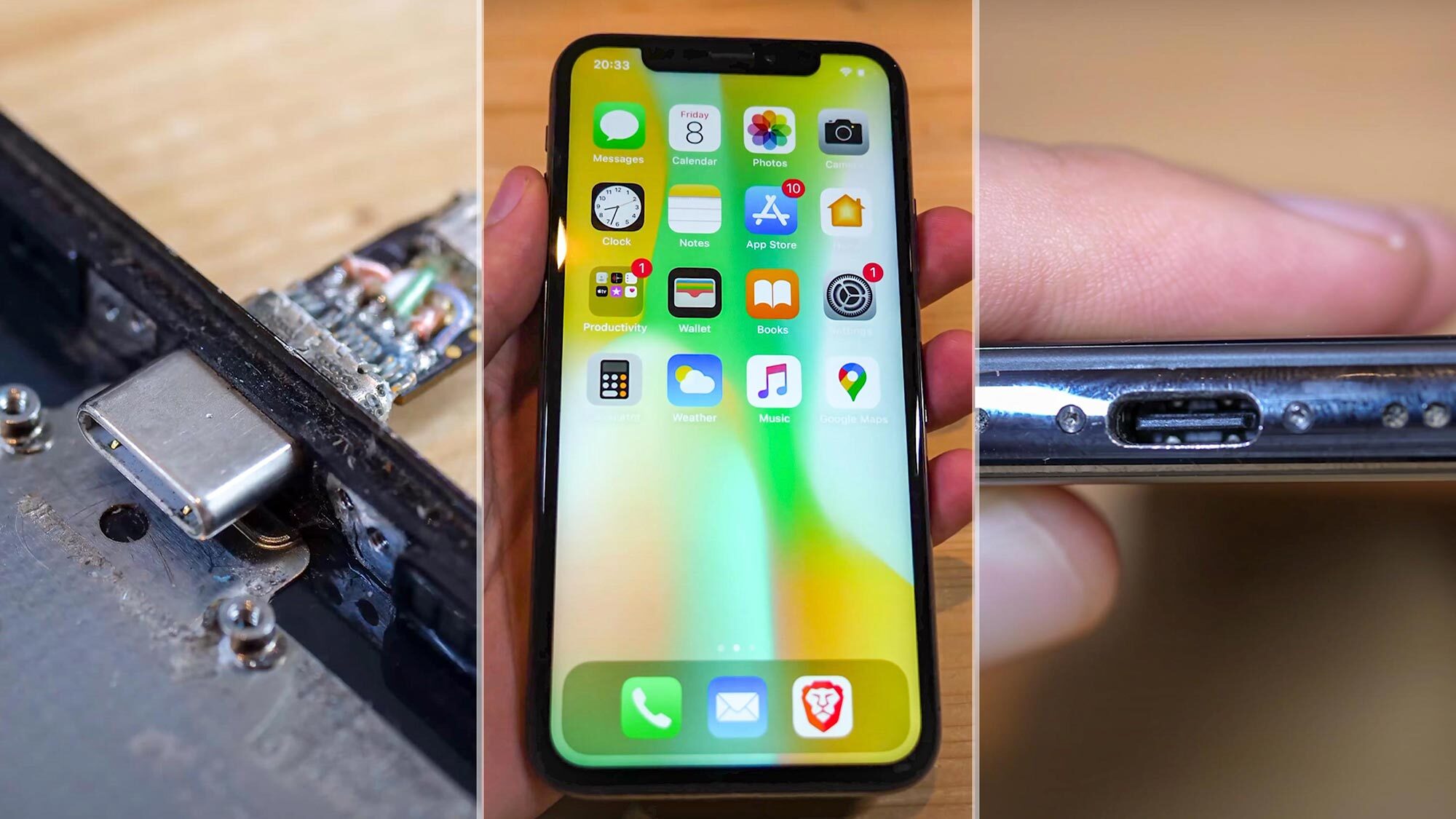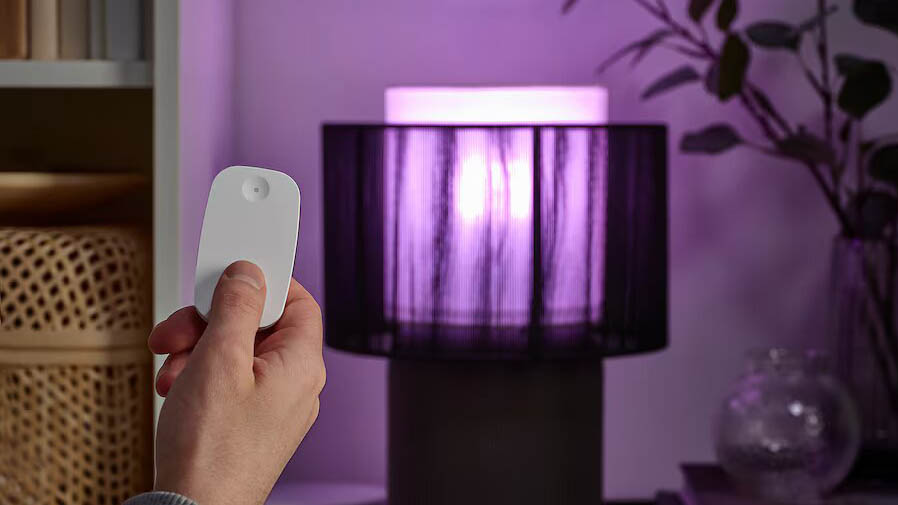The world's first USB-C iPhone isn't made by Apple
Student replaces iPhone X’s Lightning port with a fully working USB-C interface.

Here at Tom’s Guide our expert editors are committed to bringing you the best news, reviews and guides to help you stay informed and ahead of the curve!
You are now subscribed
Your newsletter sign-up was successful
Want to add more newsletters?

Daily (Mon-Sun)
Tom's Guide Daily
Sign up to get the latest updates on all of your favorite content! From cutting-edge tech news and the hottest streaming buzz to unbeatable deals on the best products and in-depth reviews, we’ve got you covered.

Weekly on Thursday
Tom's AI Guide
Be AI savvy with your weekly newsletter summing up all the biggest AI news you need to know. Plus, analysis from our AI editor and tips on how to use the latest AI tools!

Weekly on Friday
Tom's iGuide
Unlock the vast world of Apple news straight to your inbox. With coverage on everything from exciting product launches to essential software updates, this is your go-to source for the latest updates on all the best Apple content.

Weekly on Monday
Tom's Streaming Guide
Our weekly newsletter is expertly crafted to immerse you in the world of streaming. Stay updated on the latest releases and our top recommendations across your favorite streaming platforms.
Join the club
Get full access to premium articles, exclusive features and a growing list of member rewards.
Those looking to void their new iPhone 13’s warranty in a creative way could follow the example of Ken Pillonel: a robotics engineering student who has created the "world’s first USB-C iPhone," before the European Union may force Apple to.
In something that should almost certainly come with a “don’t try this at home” advisory attached, Pillonel has managed to replace an iPhone X’s Lightning charger with a fully working USB-C port. The foreign connector works for both charging and data transfer.
- Using the Samsung Galaxy Z Fold 3 makes me wish for a folding iPad mini
- Apple Store just went down before Apple event — what to expect
- Plus: Last-minute MacBook Pro 2021 leak says it has a notch
This is a project that’s been in the works for some time, with an early video showing a prototype that’s simply far too big to fit in any phone made in the past decade. But five months later the miniaturization process is complete, and it looks pretty seamless in the short clip seen here.
Details are light in the triumphant clip, but Pillonel says that he’s currently in the process of editing a full video explaining the process. Judging by an earlier blog post, the process involved reverse engineering Apple’s custom C94 connector and creating a flexible PCB design that manages to fit alongside everything else within the iPhone X.
Before you prepare your toolbox and prep the handset for surgery, you should bear in mind that Pillonel is likely more qualified in this sort of thing than you, seeing as he’s in the process of working on a master's degree in robotics at the Swiss Federal Institute of Technology, EPFL.
USB-C: Will Apple follow suit?
Of course, nobody was disputing that it was impossible for an iPhone to be built with USB-C, but while Apple has adopted the port for its recent MacBooks and iPads, it has stubbornly refused to move on the iPhone.
Indeed, when the EU first made noises about forcing companies to adopt the same connector in a move to reduce e-waste, Apple pushed back quite hard, arguing that with so many Lightning cables knocking about, the move could actually backfire and create more landfill fodder.
Get instant access to breaking news, the hottest reviews, great deals and helpful tips.
Assuming the rule is passed into law, Apple will likely adopt USB-C in all regions, as it would be unnecessarily costly to introduce it just for European models.
But there is a potential loophole: because the EU law doesn’t cover devices that only charge wirelessly (it would be mad to force a smartwatch to include a USB-C port for no reason), Apple could just progress with plans to create a portless iPhone — something which the company has reportedly been working on for some time.
Freelance contributor Alan has been writing about tech for over a decade, covering phones, drones and everything in between. Previously Deputy Editor of tech site Alphr, his words are found all over the web and in the occasional magazine too. When not weighing up the pros and cons of the latest smartwatch, you'll probably find him tackling his ever-growing games backlog. He also handles all the Wordle coverage on Tom's Guide and has been playing the addictive NYT game for the last several years in an effort to keep his streak forever intact.
 Club Benefits
Club Benefits











